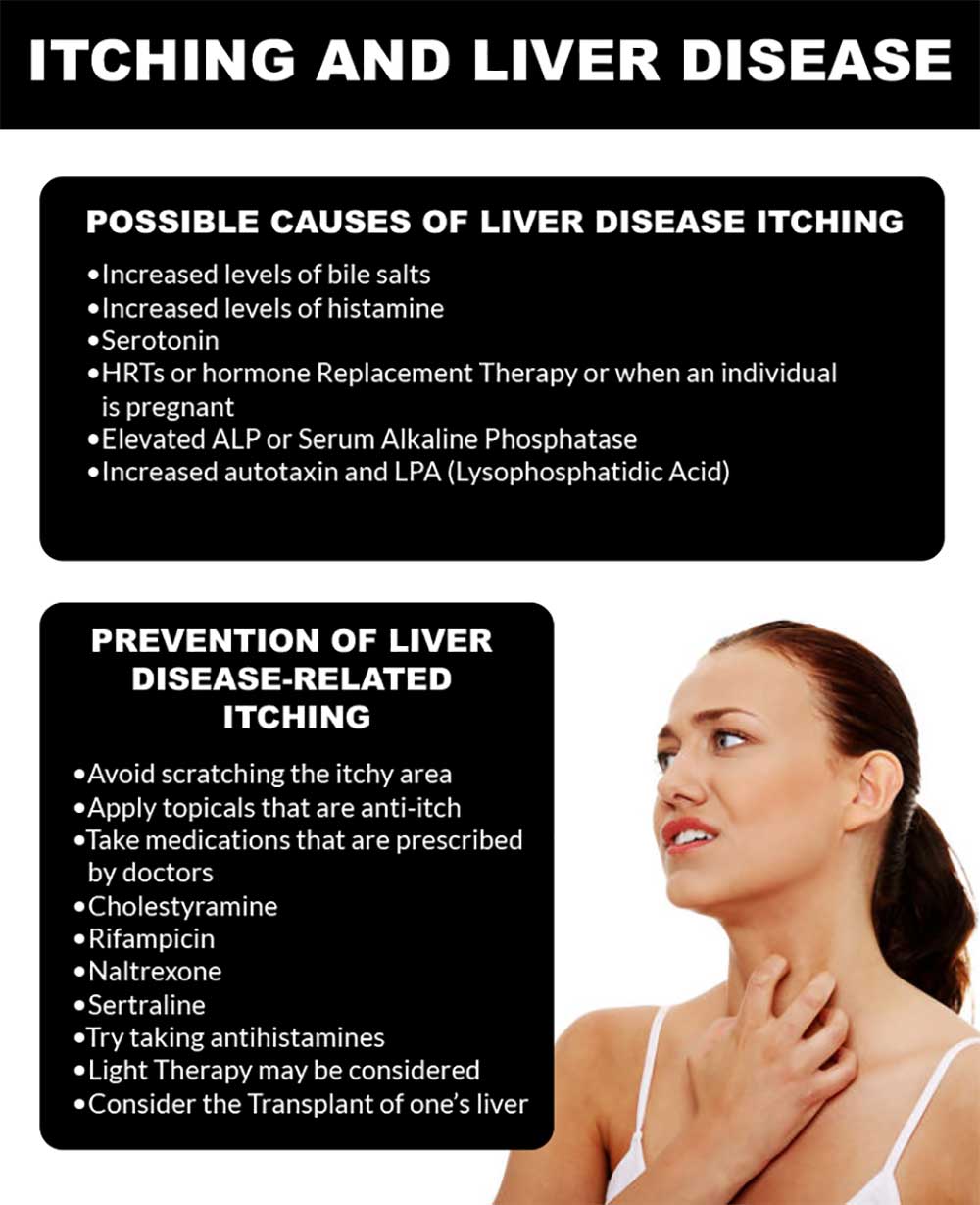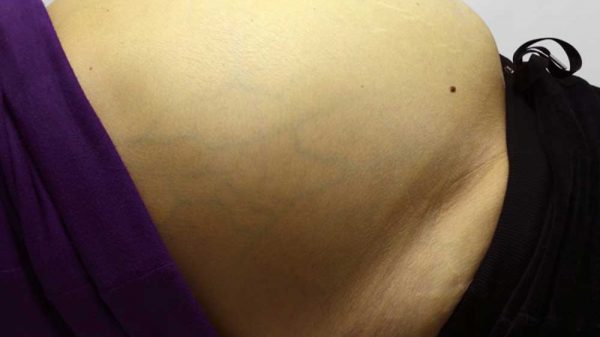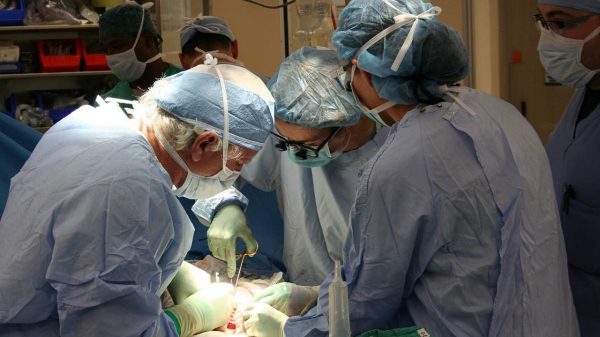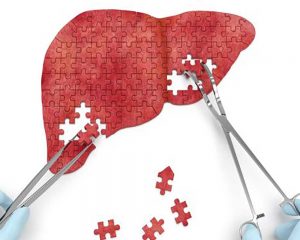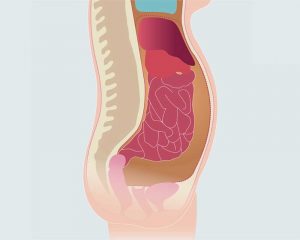Liver disease is a health condition that can become life-threatening if left untreated. This is because it can cause symptoms that can impair liver functions and can even lead to one of the most dreaded types of cancer which are liver cancer. On top of all these, problems with the liver can also result in impairment of major biological functions such as insulin and bile management. However, did you know that itching may also be a sign of cirrhosis of the liver? But why is this the case? What are the possible causes for this itching and what are the possible treatment options? In this article, we attempt to answer these questions so if you want to know more, then read on and find out!
Itching and Liver Disease: A General Overview
Pruritus or itching is a symptom of liver disease that is chronic but this is not something that occurs to all patients suffering from liver disease. People can have a form of general or overall itching or it can a specialized or specific form of itch such as on the lower arm. Regardless of the type of itching, this can still be an overwhelming and distracting situation which can lead to the constant need for scratching.
Small itching sensations that can occur from time to time should not be something to worry about but itching that is continual can cause interference with sleep and also result in other problems affecting an individual’s quality of life. When this happens, then the itching should be considered a major concern for health.
Possible Causes of liver disease itching
Alcohol-related diseases of the liver and NAFLD (Non-alcoholic Fatty Liver Disease) will rarely have itching or pruritis as a symptom. This itching will commonly be observed in intrahepatic cholestasis of pregnancy, PSC or primary sclerosing cholangitis (PSC), and PBC or primary biliary cirrhosis. A number of studies have been conducted but experts are still trying to specifically identify a substance that can be pegged as the initiator of itching in patients with liver disease. This may be because of itching in liver disease may be the result of a number of different factors in combination.
Some of the possible causes are:
- Bile salts- Those affected with liver disease may have some salts that have accumulated right under the skin which can lead to itching. Not everyone will itch if they have increased levels of bile salts while some individuals with normal bile salt levels can still feel itchy.
- Histamine- There is evidence to suggest that those with increased levels of histamine may experience itching. Using antihistamines, however, may not be such an effective option for this though.
- Serotonin- The itching perception of patients may be altered by serotonin. This is why SSRIs or selective serotonin reuptake inhibitors can aid in the management of pruritus in some individuals.
- Female sex hormones- Itching can be worsened by HRTs or hormone Replacement Therapy or when an individual is pregnant.
- ALP or Serum Alkaline Phosphatase-Those with ALP levels that are elevated can experience liver disease-related itching.
- Autotaxin and LPA (Lyphosphatidic Acid)– Those with increased levels of LPA may find themselves itchy and very much wanting to scratch their skin.
Prevention of Liver Disease-Related Itching
Liver disease-related itching will probably resolve or get better on its own Fortunately, though, this condition can be subjected to certain suitable treatments. Since the underlying causes of itching are not specifically identified, it is difficult to point out which treatments will actually work for people. For this trial and error may be necessary along with some combinations of the treatments listed below:
- Avoid scratching the itchy area- While our first instinct is to indeed scratch the itchy area, patients must remember that doing so can actually make matters worse. Fingernails may be kept short so that if you find yourself scratching, there will be a lesser chance of having the skin broken open allowing infection to set in. For those who might want to scratch at night or while sleeping, then it can help that gloves are worn at night.
- Apply topicals that are anti-itch- For itch that is localized and mild, individuals can use a cream that is aqueous with one percent (1%) menthol. Other topicals that are OTC (Over-the-Counter) such as calcineurin inhibitors and corticosteroids can help in improving itchiness. It is best that instructions on the label and it is also important that the doctor is informed that the said topicals are being utilized.
- Take medications that are prescribed by doctors- The doctor can also prescribe that individuals take certain treatments which include:
- Cholestyramine: This medication that can be taken orally can aid in the removal of bile salts from the circulatory system.
- Rifampicin: This medication can help in the inhibition of bile acids. If taken on a daily basis, it may require monitoring and management due to possible side effects that are serious such as impairment of the renal functions.
- Naltrexone: This medicine can aid in blocking opioids and will require monitoring that is regular.
- Sertraline: This is a form of SSRI and can also be taken on a day to day basis. It is also used as a form of antidepressant. Other similar medicines such as fluoxetine can also be utilized to treat itch that is chronic.
- Try taking antihistamines- These antihistamines are not meant to address the itchy sensations but it can help people to go to sleep despite the sensation of itchiness.
- Light Therapy may be considered– People may also try out phototherapy also referred to as light therapy. This kind of treatment will have the skin exposed to different forms or types of light to help in the promotion of healing. It must be noted though this kind of therapy may need a number of sessions before any healing can be observed.
- Consider the Transplant of one’s liver- Once all the other treatments are not effective and if the condition has severely affected the patient’s quality of life, then it may be best to seek the advice of a doctor if a liver transplant is a viable option.
